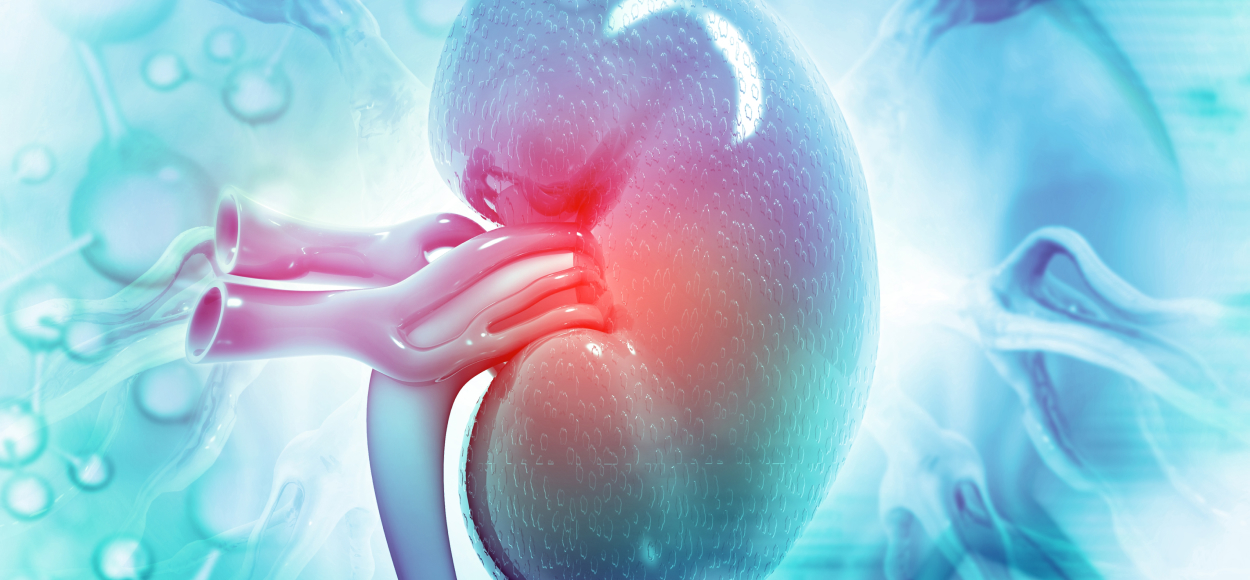
Uro-Oncology
Home Uro-Oncology


Home Uro-Oncology

Uro-Oncology Specialist in Jaipur – Dr. Arjun Singh Shekhawat at Iconix Hospital
Practicing at Iconix Hospital, Vaishali Nagar, Jaipur, Dr. Shekhawat is a Gold Medalist Urologist & Andrologist, recognized for his advanced surgical skills, patient-focused approach, and international exposure. With thousands of successful surgeries to his name, he is regarded as one of the Best Uro-Oncologists in Rajasthan.
Uro-Oncology deals with cancers of the urinary tract and male reproductive system. The urinary system includes the kidneys, bladder, adrenal glands, ureters, and urethra, while the reproductive system includes the prostate, testicles, and penis. Tumors in these areas can severely affect health, and early detection with expert management is vital.
Kidney Cancer Treatment in Jaipur – Advanced laparoscopic and laser-assisted surgeries.
Prostate Cancer Surgery in Jaipur – Robotic, laparoscopic, and minimally invasive prostatectomy.
Bladder Cancer Specialist Jaipur – TURBT, cystectomy, and reconstructive surgeries.
Testicular Cancer Management – Expert treatment with fertility-preserving techniques.
Adrenal & Penile Cancer Treatment – Rare but complex cancers handled with precision.
With over 5000+ successful surgeries, Dr. Shekhawat combines technology, precision, and empathy to deliver world-class cancer care.
High-end diagnostic imaging systems
Laser & laparoscopic surgery units
Dedicated ICU and post-operative care units
Multidisciplinary oncology teams for comprehensive treatment
This makes Iconix Hospital one of the best hospitals for kidney cancer, bladder cancer, and prostate cancer treatment in Rajasthan.
Get details in your inbox right now


D 9/90-Opposite Swaminarayan mandir gate no-1, Chitrakoot, Vaishali Nagar, Jaipur, Rajasthan 302021.
Customer Support
+91 82398 88451Drop Us an Email
info@drarjunsinghshekhawat.com
© 2025 Dr. Arjun Singh Shekhawat, All Rights Reserved.